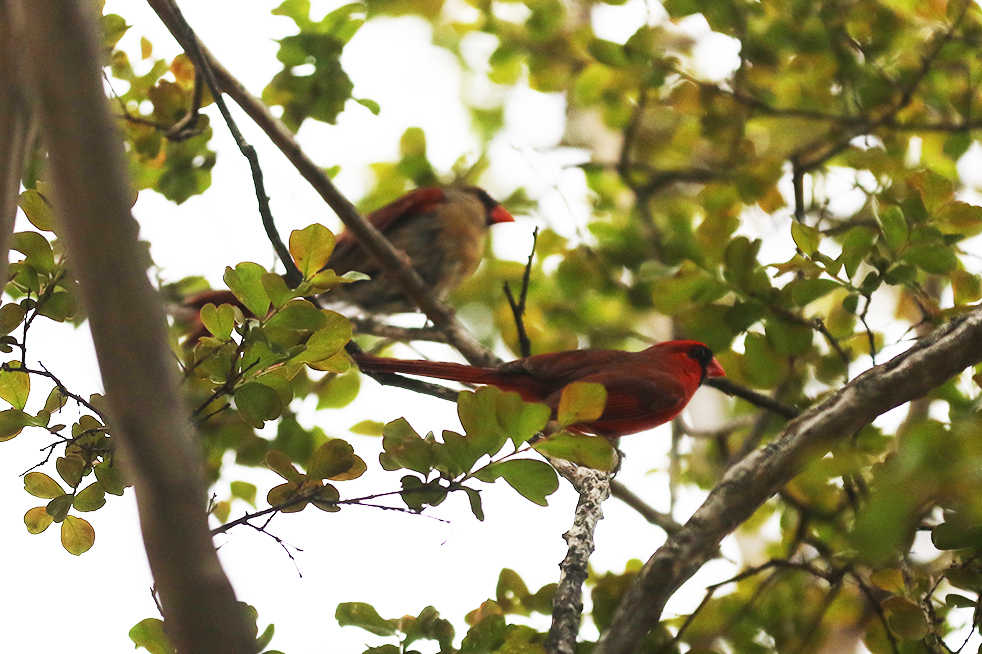Students living in many of Tech’s west campus residence halls have reported the presence of persistent, repeated chirping throughout the early morning hours, especially from 3:00 a.m. onwards.
According to information from Tech’s Facilities department, the chirping has been caused by the presence of a northern mockingbird which has taken up territory on west campus. Mockingbirds continuously patrol their territories, dancing and making calls in order to attract females during the breeding season, which is currently underway.
The North American mockingbird is a small grey slender-bodied bird with white flashes on its tail and wings. The mockingbird is known for its intelligence, with individuals having been shown to be capable of recognizing individual humans.
Male members of the species are capable of remembering over 200 songs to use in their mating performances. The bird’s intelligence also allows it to seek out the same territory every year.
Mockingbirds do particularly well in urban environments because the environment is predictable and the artificial light allows birds to feed their nestlings at night.
As a result, the development of urban spaces has led to the mockingbird population in urban centers outnumbering that of undeveloped locations. The presence of mating cries in the early hours of the morning indicates that this particular mockingbird has likely not found or is struggling to retain a mate. Female mockingbirds, while primarily monogamous, will leave male birds for neighboring mates if the neighboring male displays a more impressive display or more aggressive defense of their territory. As a result, the species has naturally selected to exhibit aggressive territorial tendencies and more impressive mating calls and performances.
The northern mockingbird is one of the species protected by the Migratory Bird Treaty Act, which, among other restrictions, prevents anyone from taking or possessing the mockingbird or its nest. As a result, removal of the mockingbird is illegal. Furthermore, given Tech’s urban location, it is likely that another mockingbird would simply take the now available
territory.
Even if no bird took that location, it is also likely that the mockingbird would attempt to return next mating season.
